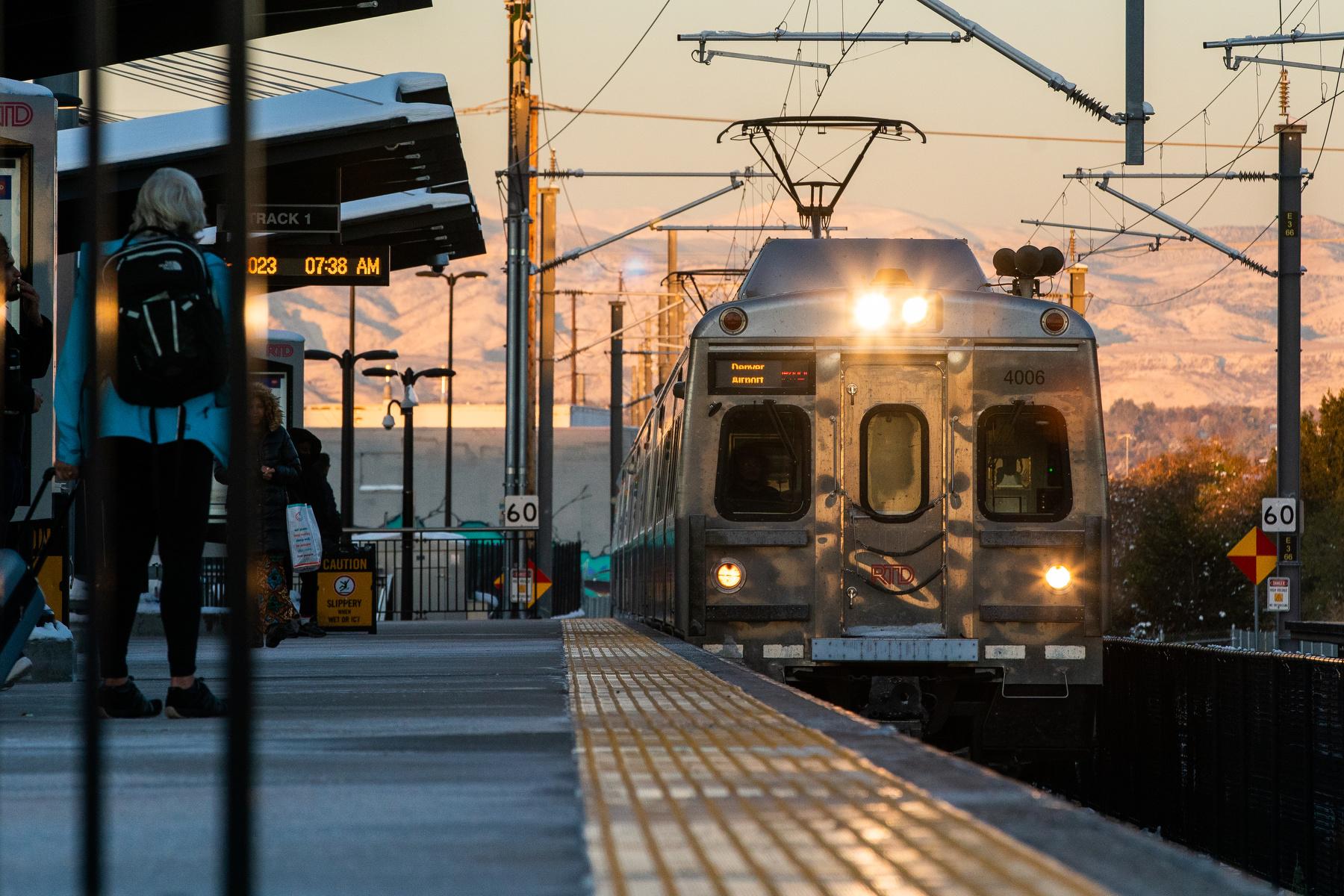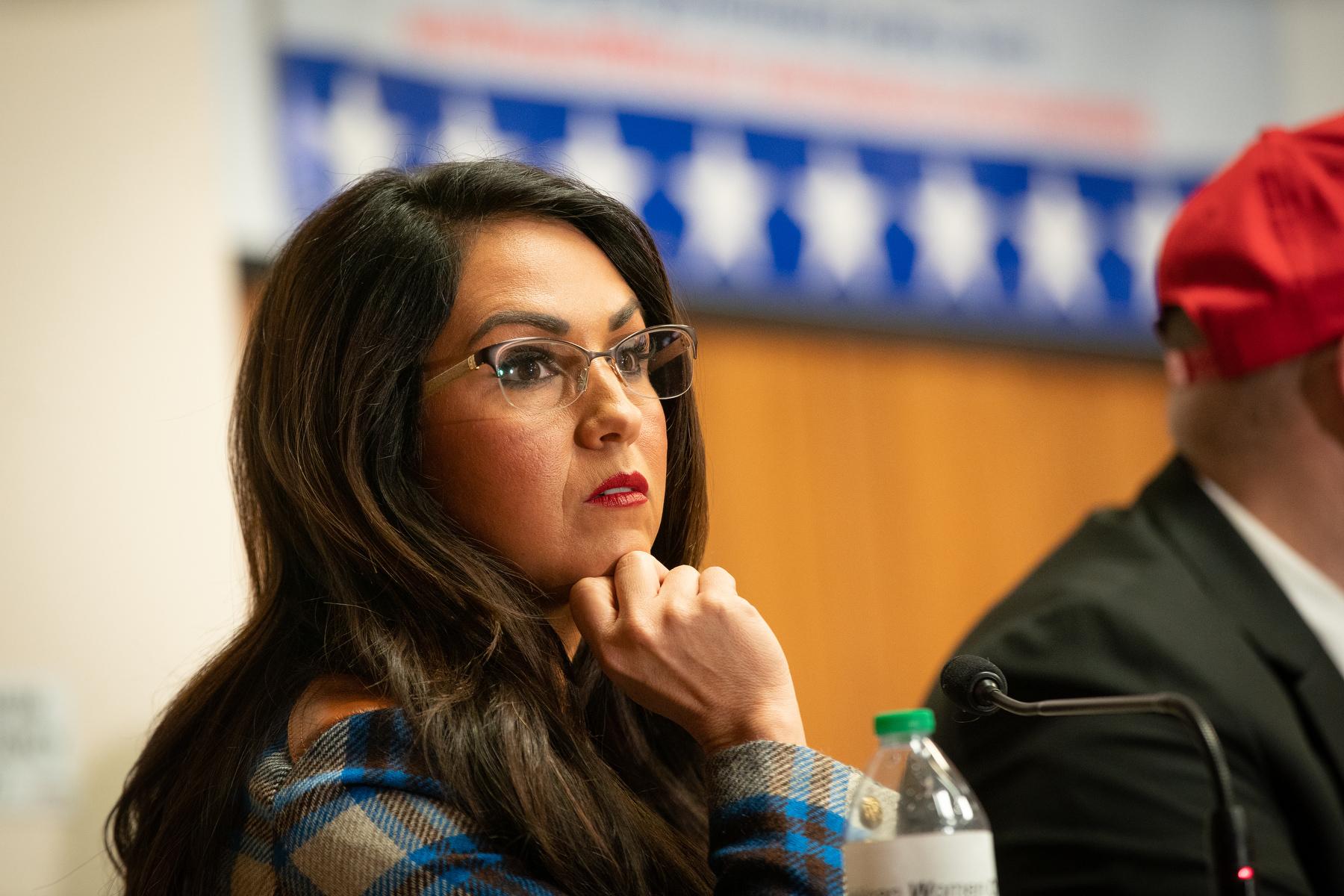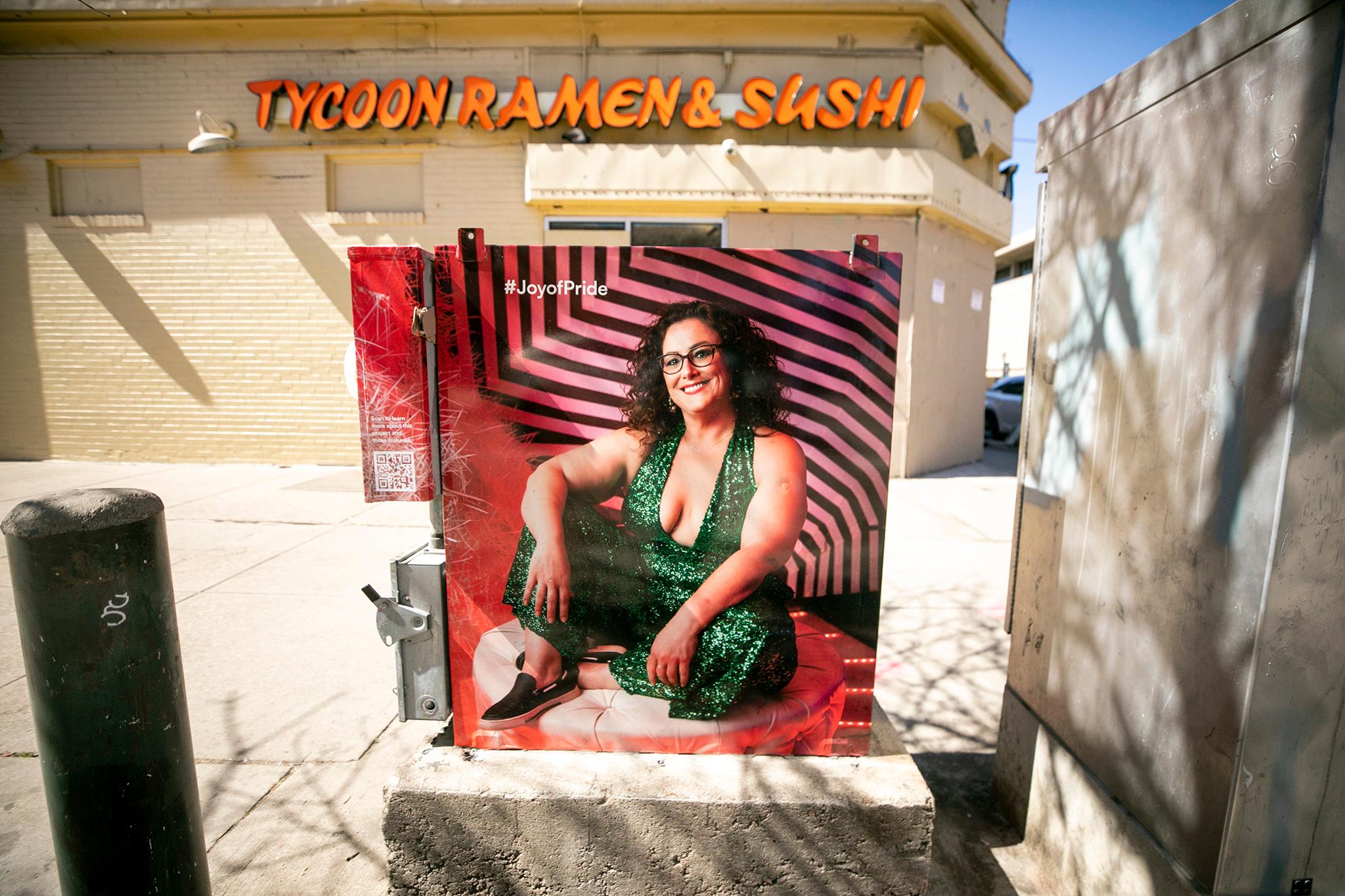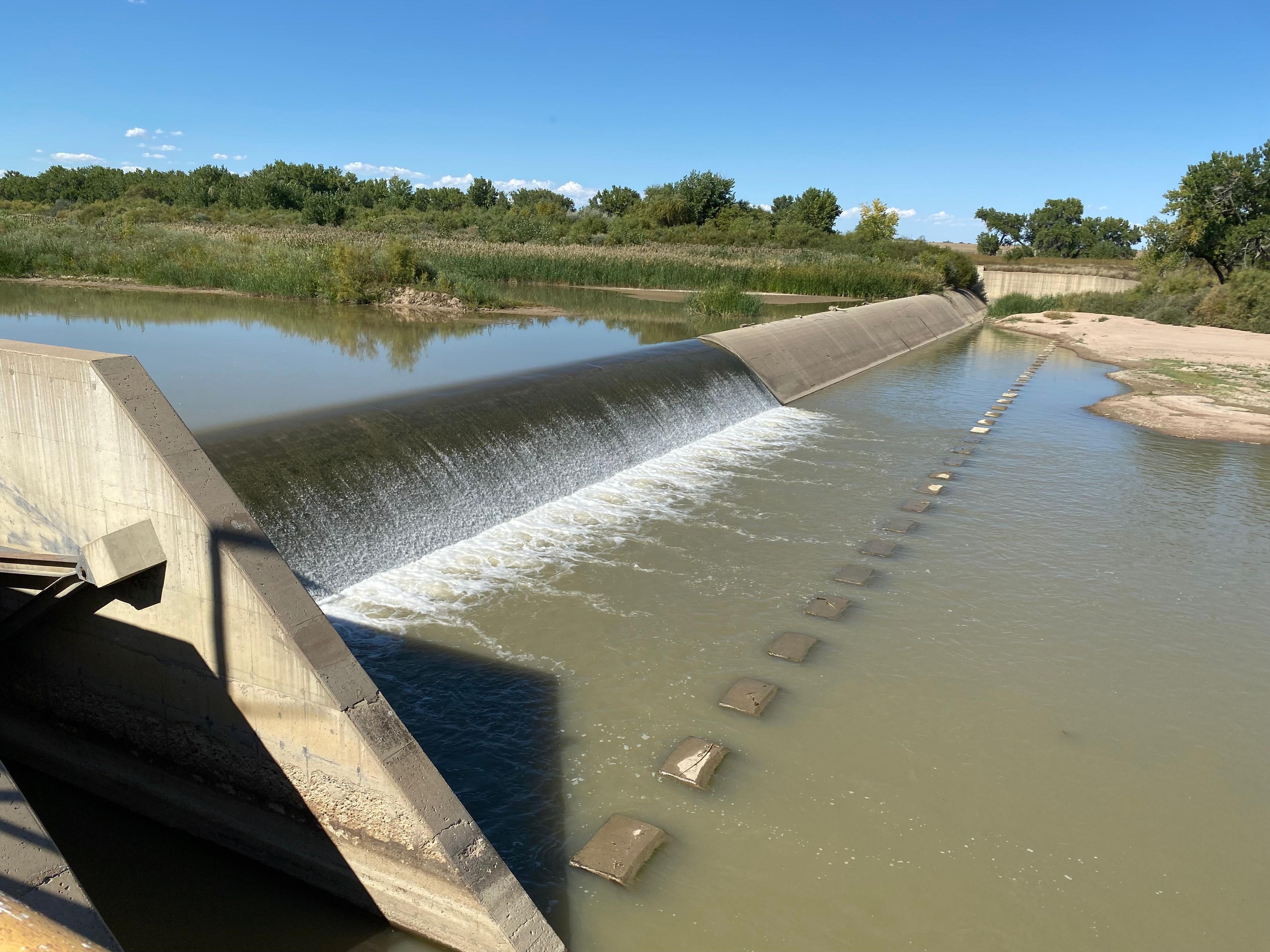
Elections for the Denver area’s Regional Transportation District board will likely continue as scheduled this November. Statehouse Democrats are backing away from making immediate changes to RTD’s leadership, at least temporarily abandoning a proposal to remove two-thirds of its board members.
The legislative proposal to revamp RTD, known as HB24-1447, went before its first committee hearing on Wednesday, and its sponsors announced substantial changes to the bill following local backlash.
The plan, with the backing of Gov. Jared Polis, had originally called for the cancellation of several RTD board elections in November. It was part of a longer-term plan to shrink the size of the elected board from 15 members to five members. It also would have allowed the governor to appoint two members.
The bill was introduced last week and quickly became a battleground for Democrats.
"We ultimately feel that those sections of the bill [about the board's makeup] should come out," said Rep. Meg Froelich, a Democratic sponsor of the measure. She stressed that the bill was not meant to be an indictment of any individual board member or RTD's management.
"We understand that emotions have run hot on that. And if there is any apologies to be made, we certainly are making them," she added.
The change signals that the debate over RTD’s future could extend well into next year.
Froelich pointed to a proposal from the Colorado Cross-Disability Coalition as a potential model. CCDC had suggested that the board might be reduced to 11 members, rather than just seven, as a compromise. The group also suggested setting requirements for whom the governor could appoint to the board, to ensure that the appointments represent groups such as people with disabilities and people of color, as well as a representative for RTD workers.
Polis and his allies have sharply criticized RTD over the years. They have been especially annoyed by RTD’s failure to build a long-promised train to Boulder.
Some want to see RTD commit its money and resources to finishing the long-promised train to Boulder, now part of the larger Front Range rail project. They argue that the bill would result in a smaller and more “professional” board.
“RTD has a long list of broken promises to Coloradans and does not provide the transit services our growing metro area needs,” wrote Shelby Wieman, a spokesperson for Gov. Jared Polis, in an email last week.
Opponents of the plan include a loose alliance of Denver-area politicians and others who have come together in recent weeks to block the changes to RTD, with some criticizing the bill as undemocratic.
With fewer elected representatives, the original bill would have made it harder for individual communities to make their voices heard, critics said.
“I think any time that you disenfranchise voters and you lose the ability to elect people that represent you, it's attacking democracy and there's no need for it,” said RTD Director Michael Guzman at a town hall this week.
At Wednesday’s hearing, some RTD advocates said the most important reform would be greater funding. The district is struggling to provide frequent service, they said, because it has relatively little funding given the sprawling size of its service area.
Former RTD member Natalie Menten opposes the bill, but said the agency does need reform. With so many directors covering such a large area, it was difficult to convince the board to make smart financial decisions, she said.
“Directors felt that loyalty to their area,” she said, calling for a closer look at how heavily routes are subsidized.
The bill includes several other provisions that may still move forward, such as implementing a driver training program, requiring more coordination with other local entities, and changing how the Colorado Department of Transportation can use certain money in Denver’s Burnham Yard project.
After about three hours of discussion on Wednesday evening, the bill was laid over for future amendments and action by the House Transportation, Housing & Local Government committee. The bill is cosponsored by Rep. William Lindstedt and Sen. Faith Winter, both Democrats.
Editor's note: This article was updated April 18, 2024 with additional comments and information from the committee hearing.









